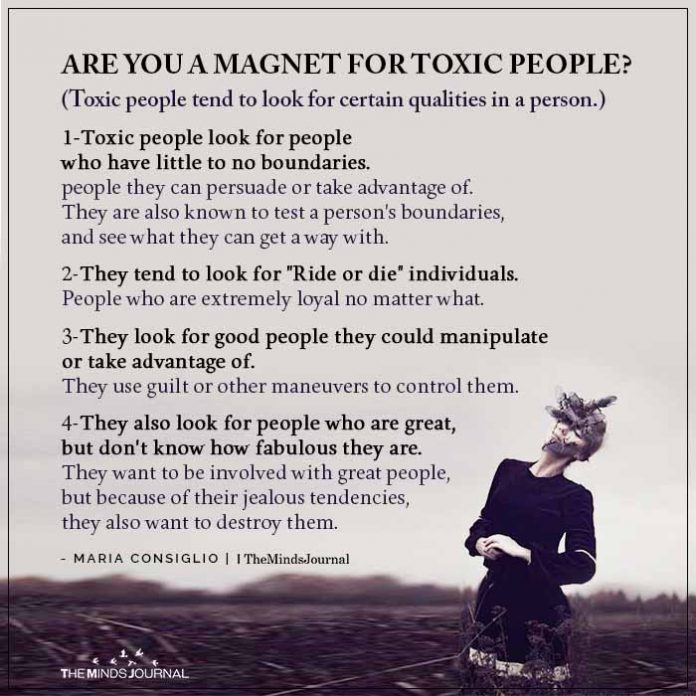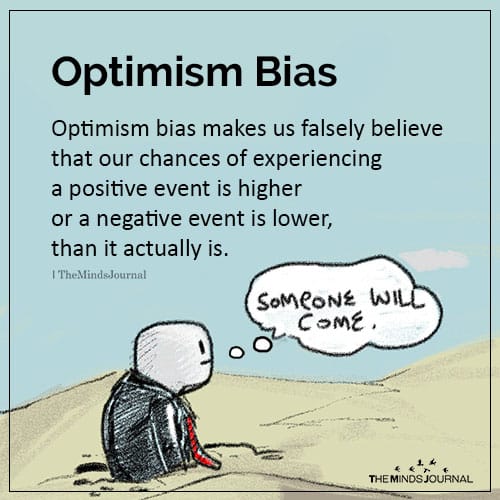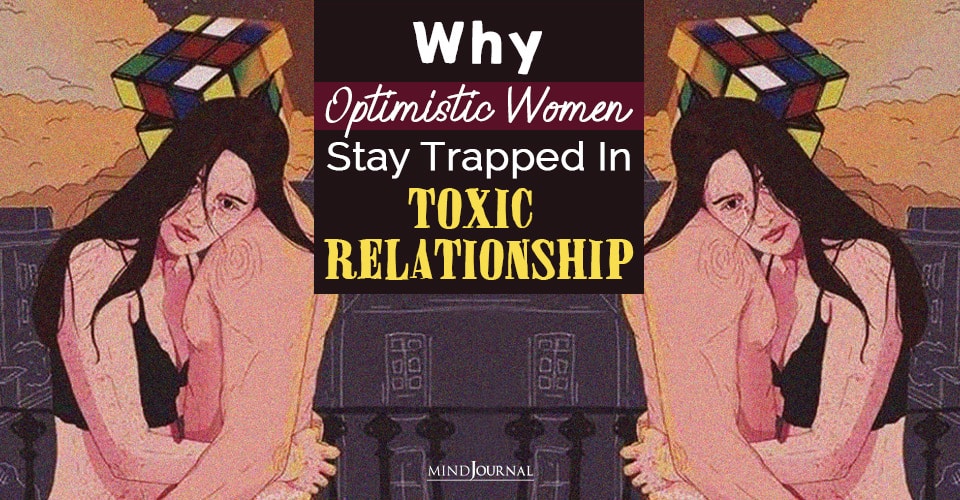Toxic Hope: Ever wonder why optimistic women with the brightest smiles and the biggest hearts always end up in unhealthy relationships? Although there may be many reasons for a relationship turning toxic, hope is the one reason why women can’t leave their toxic relationships.
The love trap
Being in love feels magical. There is something about love that makes us feel alive and gives our life meaning. We feel valued, cared for, and validated. It boosts our self-esteem and eliminates our insecurities. Being in a healthy relationship can make us feel a lot more positive and optimistic in life.
However, for some women, that optimism tends to stay strong even when the relationship becomes unhealthy and their partner turns toxic.
Addiction medicine specialist, Dr. Sheila Dunnells explains “Optimism is important in life! The same is true of relationships: One hopes that when things are dark, they too will get better. However, this is not a reason to remain in an abusive relationship.”
Dunnells adds “You do not let someone abuse you physically, mentally, emotionally, spiritually, monetarily or any other way and do nothing but hope that he/she will change. You get out of harm’s way.”
Read 5 Ways You Feel When In A Toxic Relationship
The curse of optimism

Optimistic women find it hard to believe that their once perfect love story has turned sour and desperately hold onto hope in their hearts. They blindly hope that things will get better. That their partner will change. That they will feel the same high they experienced at the beginning of the relationship.
And this false hope is what makes them work harder to maintain the relationship. To please their partners, to make them happy. It makes optimistic women desperate and insecure. As they start becoming exhausted from all the effort they put in to ‘fix the relationship, they realize that it’s time to let go and end the relationship.
Yet optimism makes it difficult for them to leave their toxic, and sometimes abusive, partners, leaving them trapped in the relationship.
Life coach and toxic relationship recovery specialist Sarah K Ramsey explains, “She doesn’t leave because she is optimistic. The toxic partner knows how to keep her trapped in her optimism.” Narcissistic, abusive, and manipulative partners often know that despite how poorly they treat their optimistic partners, they will always try to make things better.
She will believe that their toxic partner loves them and cares about them. The narcissistic partner knows that there’s too much hope in her heart and she will always overlook the real issues in the relationship and instead find faults in herself. She will always try to fix herself first so that he doesn’t become upset or angry with her. And she will always fail to realize how toxic her partner truly is.
Ramsey adds “The toxic person knows that she will hope for the best and, therefore, he can avoid giving her his best. The toxic person knows that when they finally say something nice or connect with her that she will say, “Ahhhh! Finally! The real version of you is back,” and forget the anger from the day before.”
Read 6 Reasons Why We Stay In Bad Relationships
Living a lie
Even though she might be aware of how hard she is trying to make things work, she will ignore her inner voice. She will waste the best years of her life on a person who enjoys being a toxic individual.
These otherwise confident and optimistic women will keep believing that love, hope, patience and a lot of effort will lead the way to the perfect relationship. The relationship they have always dreamt about, even if the person they love is toxic.
They will keep believing that they need to keep holding on to the toxic relationship a little bit longer. Unfortunately, that belief will last for years to come
Sarah Ramsey writes “Optimistic women don’t give up easily and stick it out when things are tough. They are self-motivated and willing to keep getting up even when life (or their relationship) knocks them down.” These women believe that life and relationships get better with time.
She adds “Optimistic women find the silver lining no matter how dark things get. They stay in unhealthy relationships despite being treated in ways that seem inconceivable to others.”
Optimistic women & relationships
The fact is these women need to stop being optimistic and start being realistic. Too much optimism can in fact be detrimental to your relationship. A 2013 study published in the Journal of Personality and Social Psychology revealed that being too optimistic in a relationship can lead to unrealistic expectations and ineffective coping skills for relationship problems.
The research showed that although optimism is seen as an asset and encourages helpful coping efforts in life and relationships, certain types of optimism “can be a liability, as expecting the best may prevent individuals from taking proactive steps when confronted with difficulties.” It adds that the “results suggest that whereas global forms of optimism may represent a relationship asset, specific forms of optimism can place couples at risk for marital deterioration.”
To put it simply, when optimistic women fail to acknowledge the problems in their relationships and falsely believe that everything will be great, when in fact they are not, then it can easily create distance between partners. This can be especially true when one partner is more realistic than the other.
Although it doesn’t mean that you have to be a pessimist to enjoy a healthy relationship, it can be helpful if you are a bit more realistic and grounded.
Co-author of the 2013 study, psychologist Lisa Neff at the University of Texas, says “In my study, no one scored low enough to be considered pessimistic, and I would not expect that to be good for relationships. It is great to be optimistic, but keep it at a more realistic level.” And perhaps this is why optimistic women tend to find themselves in toxic relationships more than others.
Read The Reason Why The Girl Who Fixes People Often Ends Up In Toxic Relationships
Is being an optimist such a bad thing?
The problem here is not with being an optimist. It’s about not being realistic enough and having inflated expectations. “As a rosy picture of the future, optimism can allow you to remain blissfully ignorant of what’s actually going on around you. This can really cause problems,” writes marriage consultant, ADHD expert and author Melissa Orlov in a Psychology Today article.

Optimistic women have this inner belief that if they put in enough effort and change themselves, they will be able to make the unhealthy relationship better. As they try too hard to work on themselves, their toxic partners take advantage of this and make them believe that they are the problem in the relationship.
Thus these women start believing the lie that they are the ones who need to change. As she keeps trying desperately to work on herself, she will fail to realize that their toxic partner wants them to change so that the “the toxic person won’t have to change,” explains relationship expert Sarah K Ramsey.
She adds “Her optimism blinds her to what is happening and the toxic partner’s mask, as well as their intermittent reward system, prevent her from seeing the truth: she is in a game that she doesn’t realize she is playing. A game in which her strengths are being used against her. A game in which optimism is actually a weakness.”
Optimism bias in relationships
This unrealistic optimism is known as optimism bias. It is a cognitive bias that makes us believe that we have higher chances of being successful at something and lower chances of experiencing a misfortune than it is in reality.
We believe that our relationships will be perfect without any problems and that we will be happy in life. However, that seldom happens. Kendra Cherry, MS, author and educational consultant, says that “optimism bias is essentially a mistaken belief that our chances of experiencing negative events are lower and our chances of experiencing positive events are higher than those of our peers.”

This psychological tendency makes us believe that everything will get better despite how problematic things might be right now. And this belief often leads to poor decisions like choosing to stay in a toxic relationship longer than you should, as we tend to overlook the threats and risks.
“People hugely underestimate their chances of getting divorced, losing their job or being diagnosed with cancer; expect their children to be extraordinarily gifted; envision themselves achieving more than their peers; and overestimate their likely life span. The belief that the future will be much better than the past and present is known as the optimism bias,” explains academic Tali Sharot in a TIME article.
Read 16 Most Common and Weird Mind Tricks Your Brain Plays On You
Sharot believes that there are several reasons for us being more optimistic than we need to, whether in life or in relationships. She says “One is the issue of control. You tend to believe you have control over your life, and you tend to believe you have more control than you actually do.”
However, being positive is not all bad as long as you are grounded and look at things the way they are. “On the positive side of optimism bias, all things being equal, optimists live longer and are healthier. Because of this optimism they take action, they’re motivated,” says Sharot. This cognitive bias inspires us and protects us.
It motivates us to keep moving and take charge of our own happiness. But optimistic women also need to be realistic enough to know when to end a toxic relationship.
Sharot adds “We need to be aware of our bias in general and take precautions against it. Protect ourselves, knowing we have this bias towards positivity.”
Be optimistic enough to move on
The more we hold on to an unhealthy relationship and wait for it to get better, the more we are cheating ourselves on true happiness. We are holding ourselves from reaching our true potential and finding a truly healthy relationship. A relationship where we won’t have to try so hard to make it work. Where we don’t have to worry about making our partner happy. A relationship that will be effortless, loving, and caring.

We need to be optimistic enough to realize that we deserve better. We need to be optimistic enough to know that when we leave a toxic relationship, we will find someone who will love us and accept us for who we are. Someone who won’t manipulate is to change. We need to be optimistic enough to realize that love and happiness is right around the corner. We only need to step out of the darkness and take a step forward. So do yourself a favor and leave.
Sarah K Ramsey concludes “Being optimistic, kind, forgiving, hopeful, and seeing the best in people are the building blocks for something beautiful. There are amazing people out there who will realize these amazing qualities are too precious to manipulate. And, too precious too lose.”
Read 10 Unexpected Things That Happen When You’re Finally Free From A Toxic Relationship











Leave a Reply